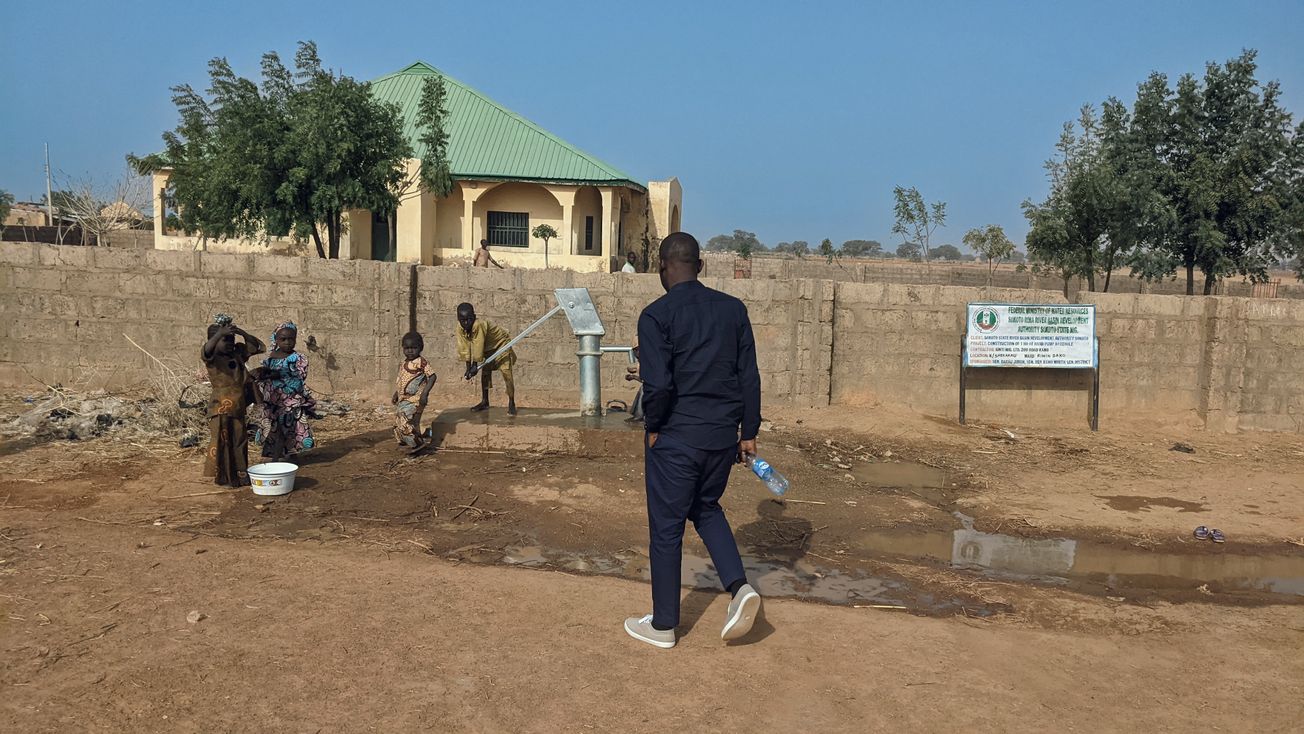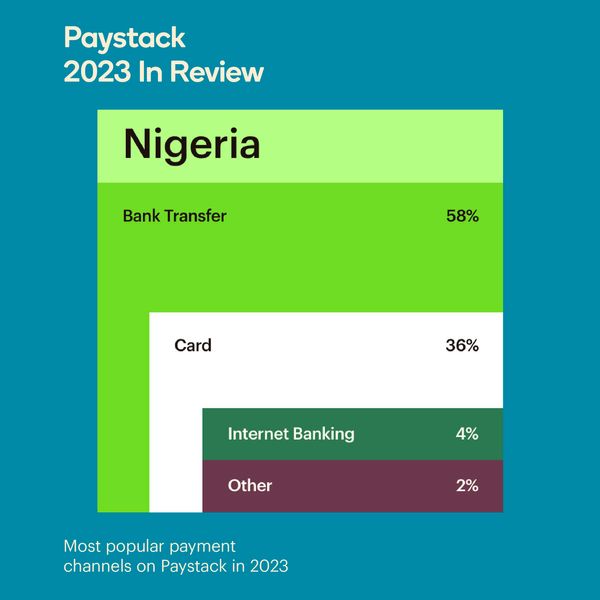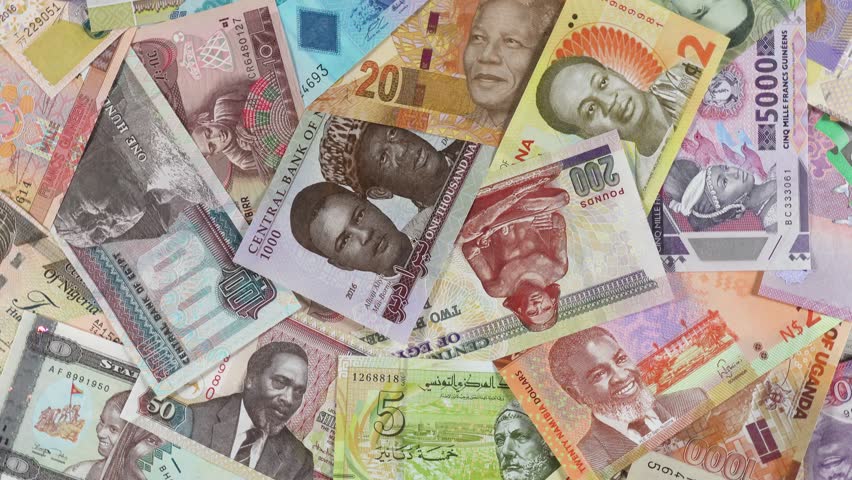Ensure that you do not lose your proposal files: Do you recall the documentation you submitted to your donor in response to their request for proposals? The budget, work plan, and narrative for the project. Along with the signed contract between you and the donor, this will serve as your road map during project execution. At every point, you'll need to refer to them to ensure that your outcome is consistent with your proposal.
Create a project-specific bank account: A straightforward method for accounting for project funds is to create a project-specific bank account. Most donors require bank statements and frown upon mixing their project funds, and this approach also simplifies your monthly bank reconciliation and financial report for the project.
Documentation is critical: Comparable to storytelling, project documentation is either a story of financial compliance or a tale of project compliance. It is not easy to establish the existence of a project activity without documentation. Your donor wishes to see rather than hear! The donor is curious about what occurred and how it occurred. For instance, the Director may authorise the expenditure of funds for an activity. How? You must present the correspondence confirming the action, the fund request form, a signed payment voucher, and, when required, a suitably signed check. These documents explain the process by which the Director approved funding for the action in question.
Maintain active communication with your donor: It is not encouraged to discontinue contact with your donor once you have received cash; instead, it is critical to keep your donor updated. Occasionally, during a project's execution, reality changes, prompting you to make adjustments to meet the project's objectives. You must notify your donor of any significant modifications and, if necessary, get approval. You can find guidelines for dealing with these changes in the project contract; if not, you may always check or contact your donor.
Do not miss reporting dates: Donors typically require periodic project reports; ensure that you do not miss these deadlines. Additionally, your donors may request interim project updates, which you must submit. In most circumstances, timely submission and acceptance of project reports are essential to obtain the next tranche from your donor; delaying the project report could delay your project disbursement.
As a bonus:
Bear in mind the due diligence materials you presented to your donors and adhere to them. For example, suppose your procurement policy requires you to evaluate three vendors before purchasing assets for the organisation. In that case, you must stick to it because the donor would almost certainly compare your activities to your policies.










